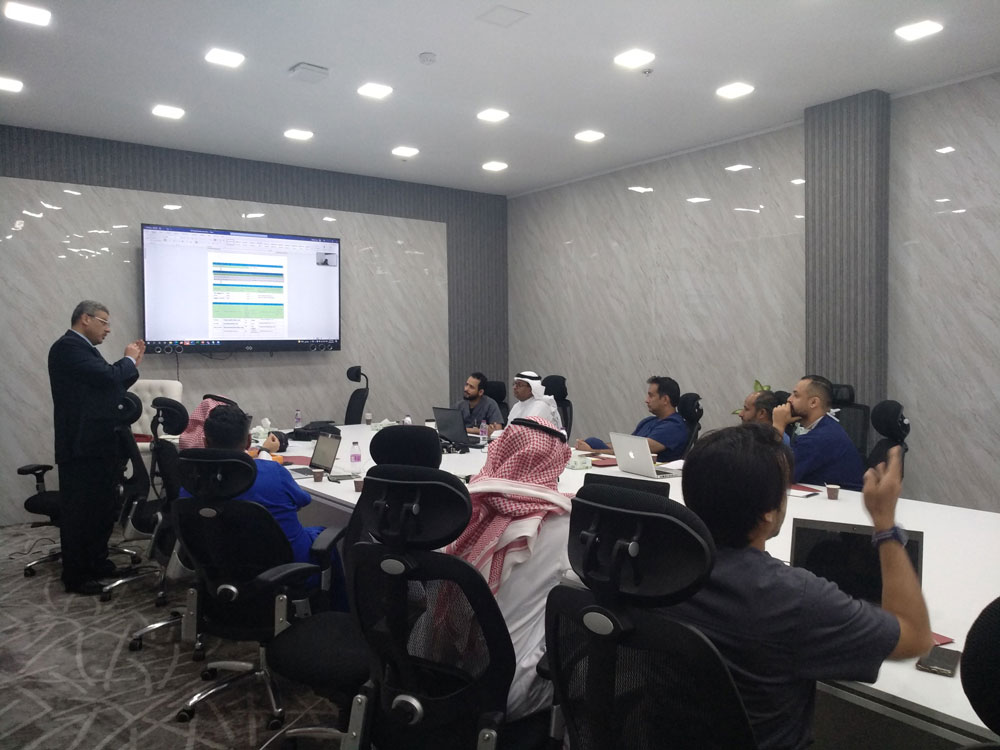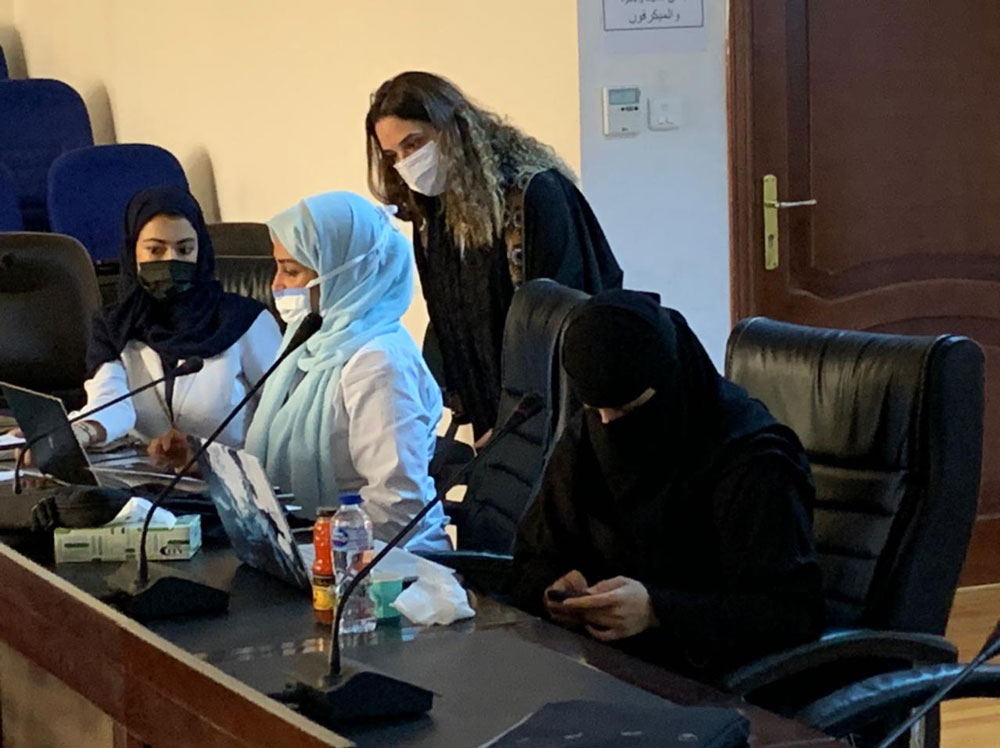 The pilot testing took place in the two cities of Jazan and Jeddah. Photo: WHO Cairo, 3 April 2022 – WHO’s upgraded influenza platform, EMFLU-2, is being pilot-tested in Saudi Arabia, offering additional functionality for data collection and analysis, including capturing and sharing multi-pathogen laboratory data.
The pilot testing took place in the two cities of Jazan and Jeddah. Photo: WHO Cairo, 3 April 2022 – WHO’s upgraded influenza platform, EMFLU-2, is being pilot-tested in Saudi Arabia, offering additional functionality for data collection and analysis, including capturing and sharing multi-pathogen laboratory data.
Detecting and responding early to influenza outbreaks is essential to mitigate impact, and one way to achieve this is by ensuring the availability of good surveillance data. The new tool developed by WHO’s Regional Office for the Eastern Mediterranean aims to do this by allowing for the timely collection, management and analysis of data to assist policy-makers in implementing efficient and timely preparedness and response measures.
Standardizing the collection of epidemiological data from sentinel surveillance systems and rapidly sharing them with policy-makers has remained a major challenge globally, including in WHO’s Eastern Mediterranean Region. Countries in the Region have had the opportunity to benefit from a unique electronic platform for data collection and sharing designed and maintained by the WHO Regional Office called EMFLU.
An improved version of the platform dubbed EMFLU-2 has recently been launched and is currently in the process of being pilot-tested in certain countries.
To introduce and pilot-test in Saudi Arabia, workshops were organized jointly with the Ministry of Health, and in the 2 cities of Jazan and Jeddah. The first workshop that took place on 6 and 7 March in Jazan included 10 focal points from 3 sentinel sites for severe acute respiratory infections (SARI) and influenza-like illness (ILI); the regional laboratory in Jazan; and the provincial coordinator from the Ministry. The second workshop took place on 9 and 10 March in Jeddah with 8 focal points from 2 sentinel sites (both SARI and ILI), the regional laboratory in Jeddah, the provincial Ministry coordinator and the central Ministry coordinator, while connecting virtually from Riyadh the national influenza coordinator from the Ministry, as well as a representative of the national influenza laboratory.
Key strengths of the integrated system
 The workshops helped collect feedback and recommendations for the system. Photo: WHO During the workshops, participants were able to understand the different types of users who could access the platform, as well as their respective roles. The participants were trained on how to perform data entry on EMFLU-2 (using both the case-based and aggregate forms), comprehend validation rules to ensure high quality of data, navigate dashboards and the mapping tool, and produce and publish influenza reports.
The workshops helped collect feedback and recommendations for the system. Photo: WHO During the workshops, participants were able to understand the different types of users who could access the platform, as well as their respective roles. The participants were trained on how to perform data entry on EMFLU-2 (using both the case-based and aggregate forms), comprehend validation rules to ensure high quality of data, navigate dashboards and the mapping tool, and produce and publish influenza reports.
The workshops helped WHO collect feedback from participants on any remaining problems in the system and provided them with a venue to identify specific needs for an enhanced experience and utility in preparation for its final rollout to the rest of the countries in the Region.
Rapidly identifying and monitoring individuals at increased risk of severe disease, as well as assessing changes associated with the emergence of different influenza strains, are key strengths of the integrated system that is designed to survey pathogens with epidemic and pandemic potential. This leads to the timely availability of epidemiological data linked to multi-pathogen laboratory results for country use.
The standardized collection of epidemiological data both at individual and aggregated levels is a key component of the influenza surveillance and preparedness programme in the Region. The WHO Regional Office will next pilot-test the upgraded platform in Oman and Morocco.


